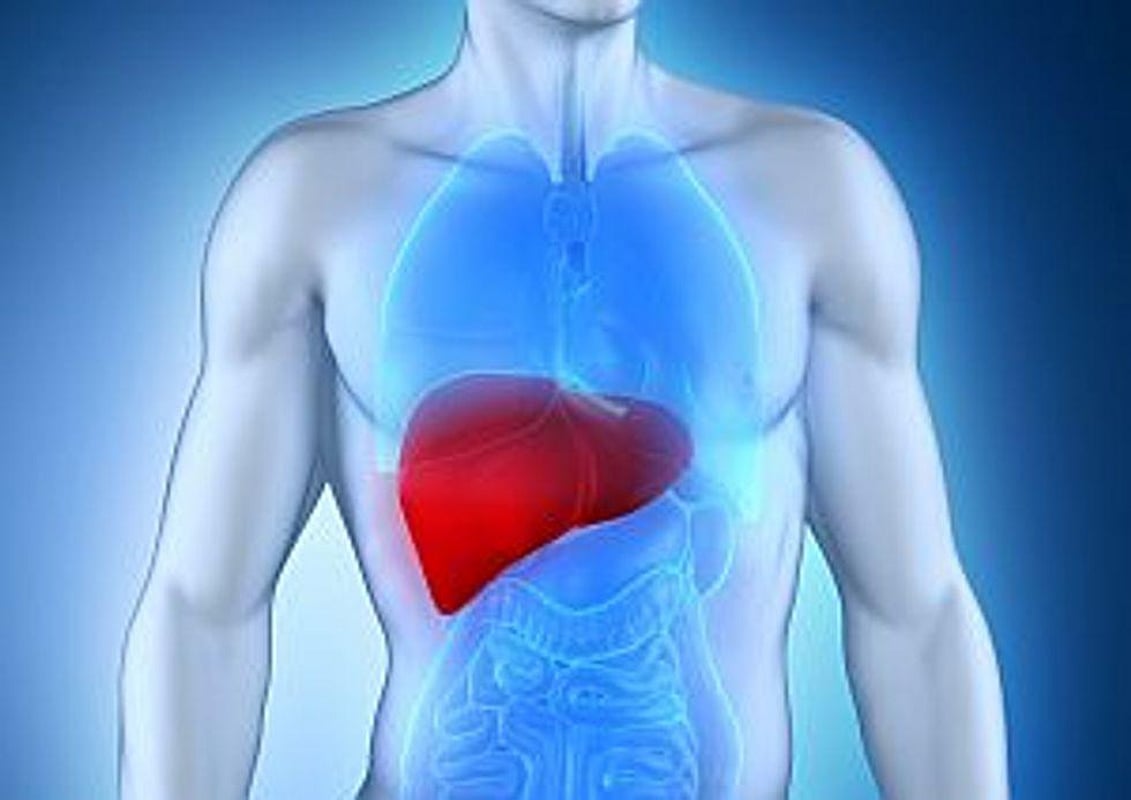Combo Immunotherapy Ups Survival in Advanced Liver Cancer

MONDAY, Jan. 24, 2022 (HealthDay News) -- STRIDE (Single tremelimumab Regular Interval durvalumab) is proposed as first-line therapy for unresectable hepatocellular carcinoma (uHCC), according to a study presented at the annual American Society of Clinical Oncology Gastrointestinal Cancers Symposium, held from Jan. 20 to 22 in San Francisco.
Ghassan K. Abou-Alfa, M.D., from the Memorial Sloan Kettering Comprehensive Cancer Center in New York City, and colleagues randomly assigned 1,171 patients with stage III or IV uHCC and no prior systemic therapy to tremelimumab plus durvalumab (STRIDE), durvalumab alone (D), or sorafenib (S).
The researchers reported that overall survival (OS) was significantly improved for STRIDE versus S (hazard ratio, 0.78; 96 percent confidence interval, 0.65 to 0.92; P = 0.0035). OS noninferiority was met for D versus S (hazard ratio, 0.86; 96 percent confidence interval, 0.73 to 1.03). Median progression-free survival did not differ between the groups. The objective response rates were higher for STRIDE (20.1 percent) and D (17.0 percent) compared with S (5.1 percent). No new safety signals were observed. Grade 3/4 treatment-related adverse events (TRAEs) were seen among 25.8 percent for STRIDE, 12.9 percent for D, and 36.9 percent for S. Discontinuation due to TRAEs occurred in 8.2 percent for STRIDE, 4.1 percent for D, and 11.0 percent for S.
"We plan on taking a deeper dive into outcomes based on causes for the disease, such as viral infection, as well as which regions of the liver are impacted," Abou-Alfa said in a statement.
The study was funded by AstraZeneca, the manufacturer of durvalumab.
Related Posts
Updated Booster Shots, Not Original COVID-19 Vaccines, Should Be Standard: FDA Panel
FRIDAY, Jan. 27, 2023 (HealthDay News) -- The U.S. Food and Drug Administration...
Health Highlights: Jan. 30, 2023
Kids lost an average of a third of a year's learning during pandemic. Some...
CDC: Incidence of HIV Continues to Decline, Reaching 32,100 in 2021
TUESDAY, May 23, 2023 (HealthDay News) -- The incidence of HIV continues to...
